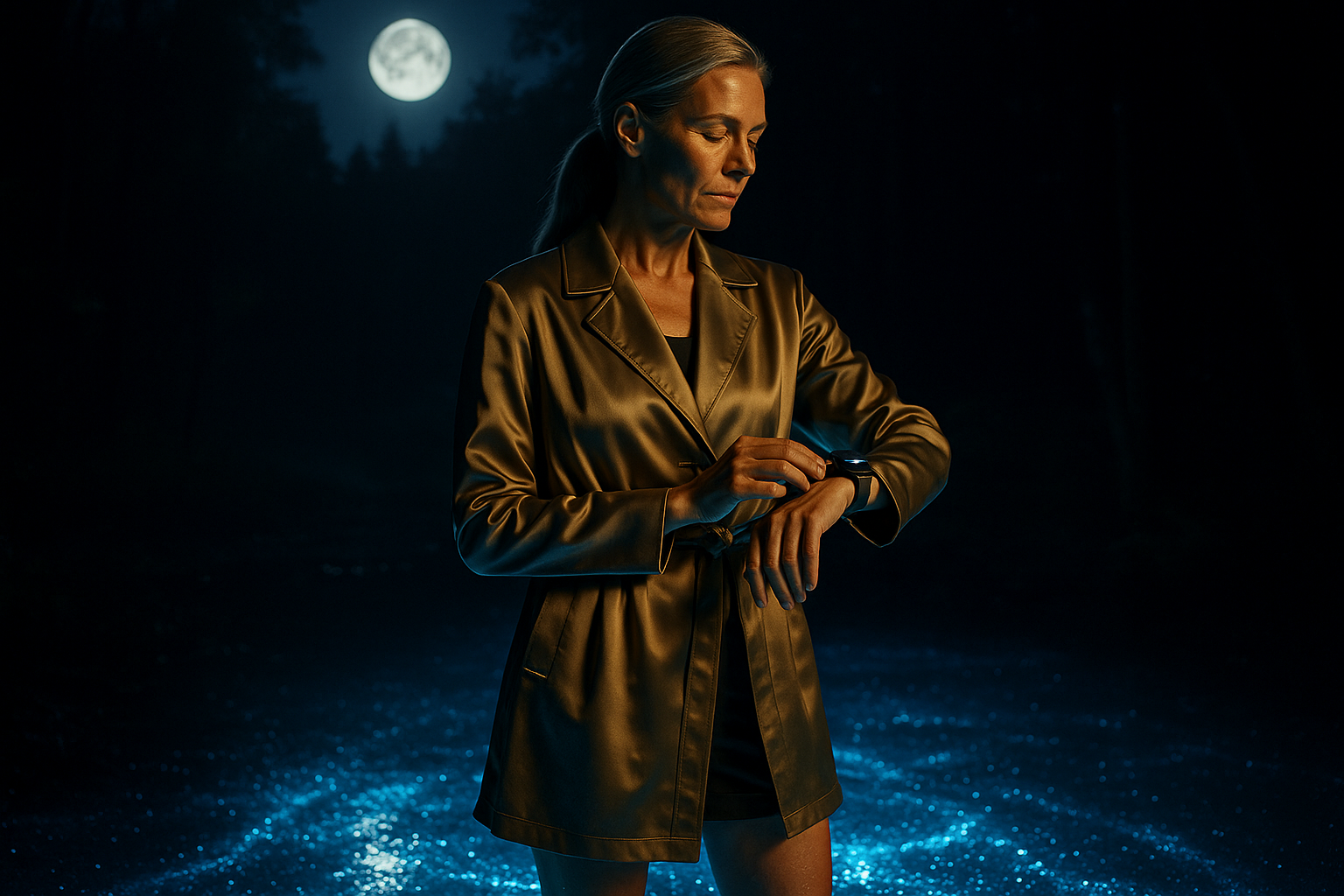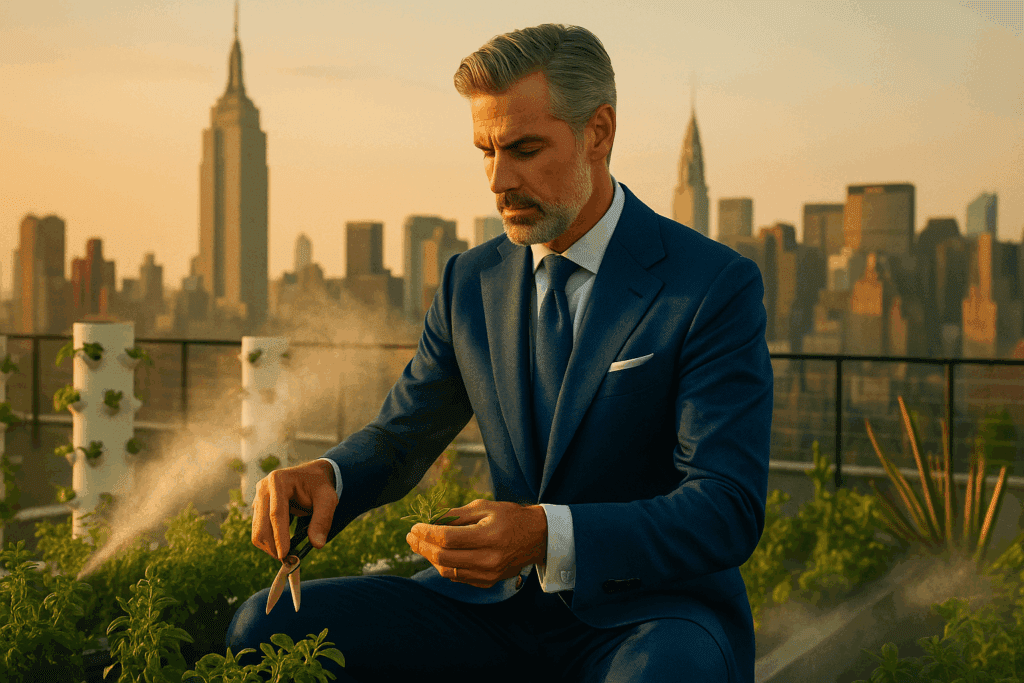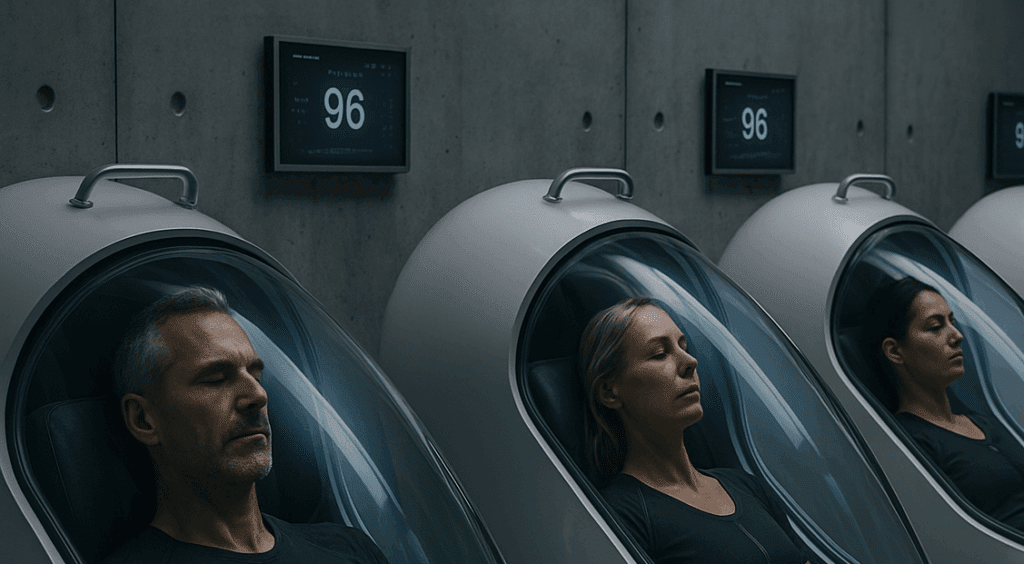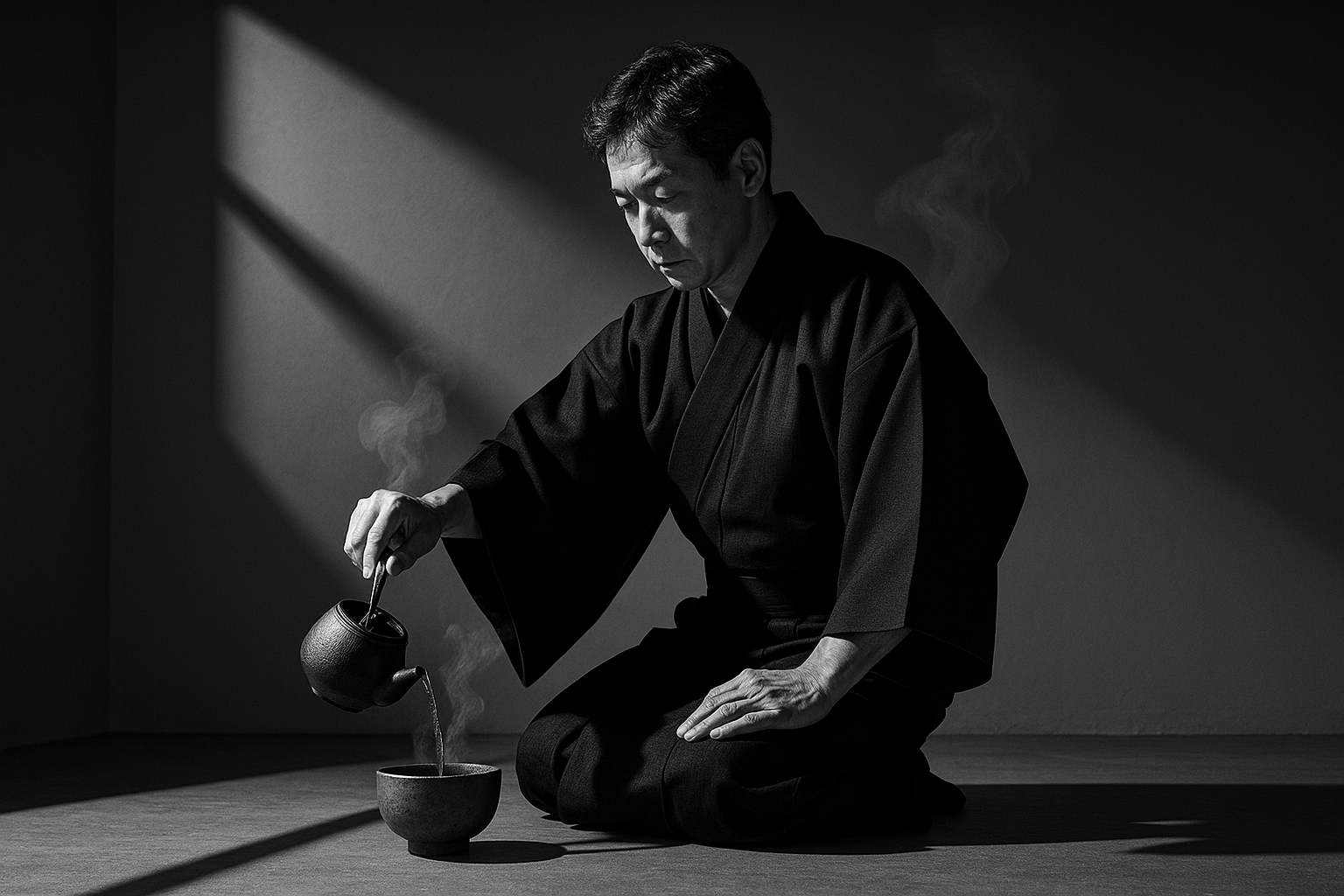Can Cutting-Edge Science Reverse Biological Age and Extend Lifespan?
The New Frontier: Rewriting the Rules of Aging
In 2023, billionaire Bryan Johnson made headlines by claiming he’d reduced his biological age by 5.1 years through a $2M/year regimen of supplements, AI-driven diagnostics, and extreme lifestyle hacks. While his approach may seem radical, it underscores a seismic shift in longevity science: we’re no longer just delaying aging—we’re targeting its reversal. The global anti-aging market, projected to reach $44.2 billion by 2033, now straddles the line between Silicon Valley ambition and rigorous clinical research. But how close are we really to turning back our biological clocks?

Decoding the Science of Age Reversal
At the vanguard of longevity research are three groundbreaking approaches redefining biological aging:
- Epigenetic Reprogramming: Inspired by Shinya Yamanaka’s Nobel Prize-winning work, companies like Altos Labs are leveraging Yamanaka factors to reset cellular age. Early animal studies show promise—mice with reprogrammed retinal cells regained vision—but human trials remain cautiously experimental.
- Senolytics: Drugs like fisetin and dasatinib target “zombie cells” that accelerate aging. A 2024 Mayo Clinic trial demonstrated reduced biological age biomarkers by 2.5 years in participants using senolytic cocktails.
- NAD+ Optimization: NMN and NR supplements continue dominating consumer markets, supported by Harvard research showing NAD+ boosters improved vascular health in 45–80-year-olds by 20% in 2023 trials.
Biohacking Meets Big Data: The Consumer Longevity Boom
The U.S. leads in commercializing longevity tech, blending medical rigor with luxury wellness:
- Startups like Retro Biosciences (backed by OpenAI’s Sam Altman) are engineering “age-reversal” gene therapies
- L’Oréal’s SkinCeuticals launched StemOxline—a topical supplement derived from stem cell research—with clinical results rivaling prescription retinoids
- Whoop 5.0 and Oura Ring Gen4 now incorporate epigenetic clock algorithms into sleep/recovery analytics
Yet experts warn of regulatory gaps. “The FDA hasn’t approved any drug for longevity itself,” notes Dr. Nir Barzilai of Albert Einstein College, “We need biomarkers accepted as surrogate endpoints for aging.”

The Foundational Five: Lifestyle as Performance Art
While futurists chase moonshots, Stanford’s Longevity Center identifies five non-negotiables for biological age reduction:
- Hyperbolic Oxygen Training: Miami’s Upgrade Labs reports members combining 90-minute HBOT sessions with sauna protocols show telomere lengthening equivalent to 8-year age reversal
- Circadian Eating Windows: A 2024 Cell study found 8-hour time-restricted eating reduced GrimAge (epigenetic clock) by 1.8 years versus controls
- Zone 2 Training: 150 weekly minutes at 65-75% max heart rate increases mitochondrial density more effectively than HIIT for aging populations
Ethical Frontiers and the Accessibility Paradox
As longevity tech accelerates, 72% of Americans express concern it will widen socioeconomic divides. Cryotherapy chambers and $800/month NAD+ IVs remain inaccessible to most, prompting startups like Loyal (YC S24) to develop low-cost longevity insurance models. Meanwhile, the Vatican’s 2024 symposium on “Ethical Immortality” sparked global debate about natural lifespan limits.

The Future is Personalized
MIT’s 2025 Age Map Project aims to create individualized longevity plans using multi-omics profiling and AI—a vision already materializing in clinics like Cleveland’s new Longevity Center. As epigenetic clocks grow more precise, the next decade may see biological age assessments becoming as routine as cholesterol checks.
Conclusion: Aging as a Creative Act
Longevity science isn’t about chasing immortality—it’s expanding healthspan so we can fully actualize our human potential. From senolytics to sauna protocols, we’re learning to collaborate with time rather than fight it. As research accelerates, the ultimate luxury may not be living longer, but living deeper: with vitality sharp enough to savor every moment.




